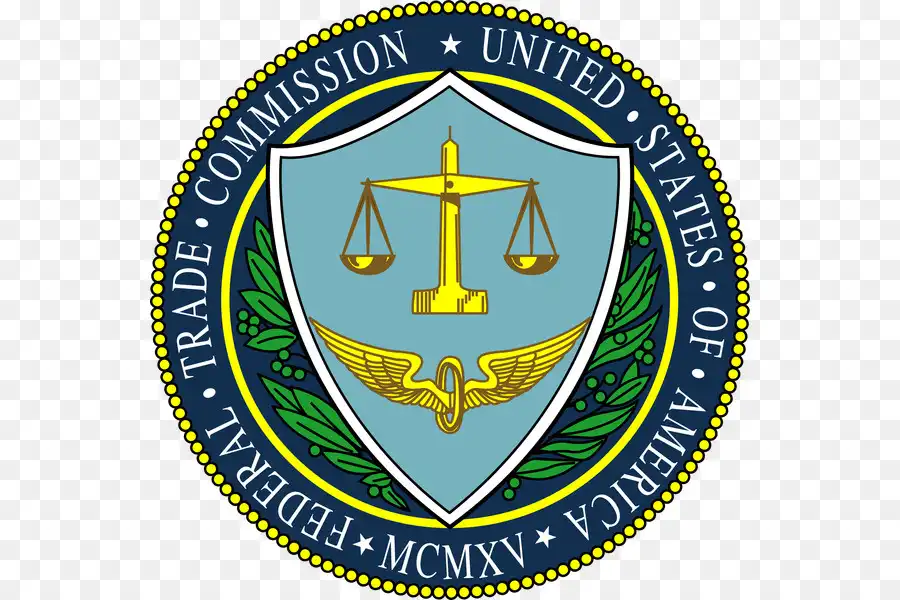Bitcoin ATM scam alert: Beware of anyone sending you to a Bitcoin ATM
Bitcoin ATM scam: Government won't send you there. Scammers create urgency to move money. Stay informed, report, and share to protect others.
Is there a legitimate reason for someone to direct you to a Bitcoin ATM? The answer is a resounding NO. Will a government official ever instruct you to use a Bitcoin ATM? Absolutely not. If you've been following our Anatomy of an Imposter Scam series, you understand that there is much more to these schemes than meets the eye.
Scammers are successful because they excel at deception. When someone contacts you claiming that your money is in jeopardy and that immediate action is required, it can be easy to fall for their lies. They will instill fear in you, insisting that you keep their communication a secret, even from your closest family members. Once they have you feeling anxious and isolated, they will present you with a solution to the fabricated problem: "protect your money by transferring it." This is when they will direct you to a Bitcoin ATM to "secure" your funds. Problem solved? Far from it.
Neither Bitcoin nor the ATM will safeguard your money. In reality, no cryptocurrency can provide protection for your funds. Despite what the caller may assert, there is no such thing as a government Bitcoin account or digital wallet. There are no Bitcoin federal safety deposits. Only a scammer would provide you with a QR code to facilitate the deposit of your life savings into a Bitcoin ATM.
Their objective is to pressure you into an irreversible action: giving your money to a scammer. If you receive a call of this nature, remember the following:
- Never transfer or move your money to "protect" it. Your funds are secure where they are, regardless of the urgency conveyed by the caller.
- If you are concerned, contact your legitimate bank, broker, or investment advisor using the contact information provided on your account statements. Do not use the number provided by the caller, as it will connect you with the scammer.
- Report the incident to your financial institution immediately, especially if you have already transferred money. Additionally, report the scam to the FTC at ReportFraud.ftc.gov.
Consider sharing this information with at least one person today. Scammers are currently capitalizing on this approach, but if each of us informs one individual, and they in turn inform another, we can help more people recognize and prevent this scam. Your actions could protect someone's life savings.
If someone directs you to a Bitcoin ATM, it is undoubtedly a scam.
Our "Anatomy of an Imposter Scam" blog series delves into how to identify, evade, and report business and government imposter scams. For more information, continue reading.
Remember, never transfer your money to "protect" it. This is a scam.
What is a verification code, and why would someone request it from you?
Will your financial institution prevent a transfer to a scammer? It's unlikely.
Effective methods for identifying a scammer.
Have you received a suspicious call or text regarding a purchase on Amazon? It's a scam.
Beware of new tech support scammers aiming to swindle your life savings.
Topics covered include unwanted calls, emails, and texts, identity theft and online security, and various types of scams such as tech support scams, business impersonators, and government imposters.











Comments on Bitcoin ATM scam alert: Beware of anyone sending you to a Bitcoin ATM